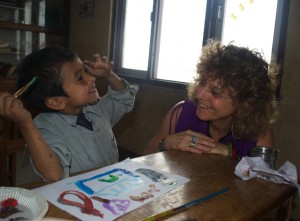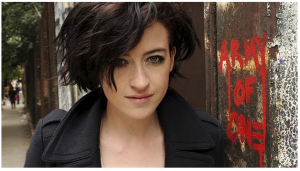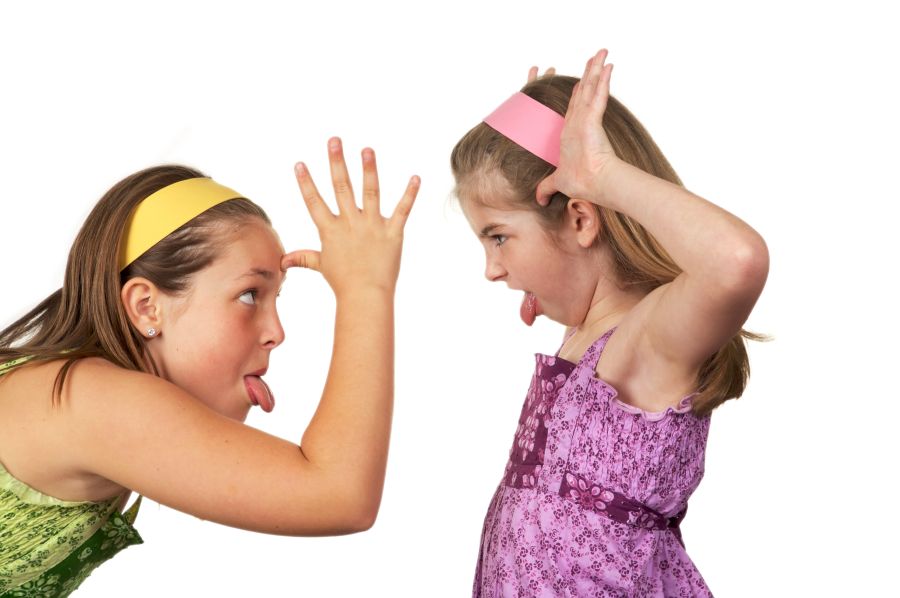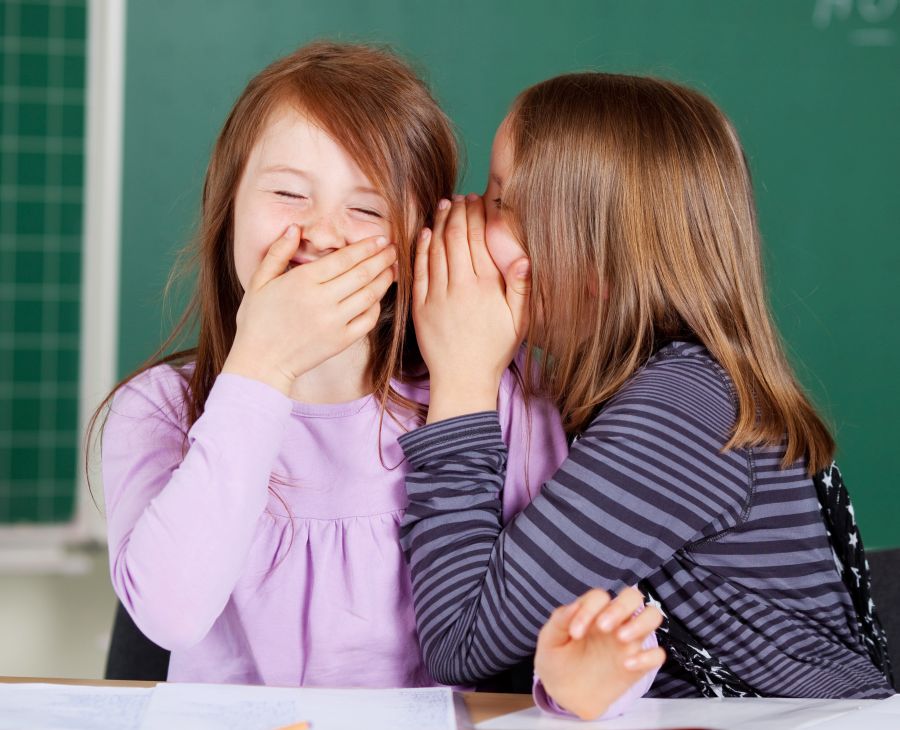
Art Therapy as Speech Therapy. Image source: arttherapywithoutborders.wordpress.com
Sometimes with younger kids, speech therapy doesn’t need to look like a traditional speech therapy classroom regimen. Instead, speech therapy can take on a more creative approach using Art. Yes — Art can be a useful tool to enhance a child’s speech and language development. Whether or not you have a child who needs help with verbal expression or auditory comprehension, there are excellent art-based activities that your child can do to engage all of his senses. And the best part — art therapy can be done at home! I know for some, even the phrase “art project” evokes a fear of mess and chaos! But, for a child in speech therapy, an art experience may be just what he needs to explore his creative side and improve his verbal and comprehension skills at the same time.
Continue reading








